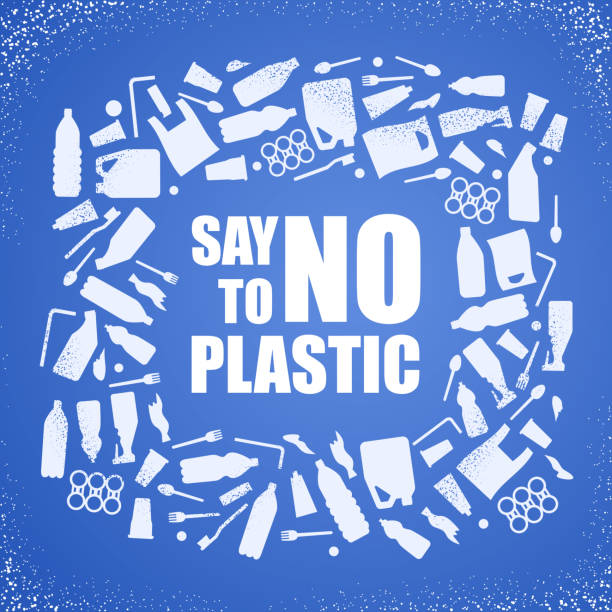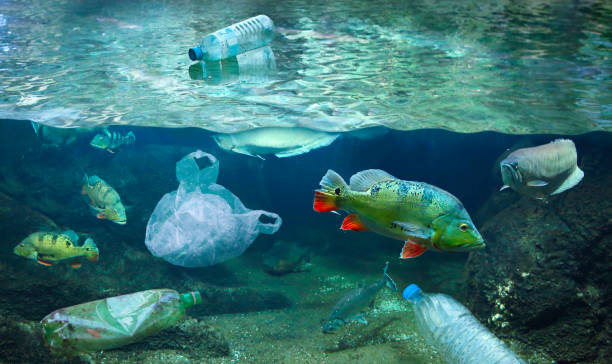
Abdul Rahman Mohammed, CEO, Sahara Industry
On this World Environment Day, let us all think deeply and acknowledge the significance of our planet and the urgent need to protect and restore its precious ecosystems. The planet Earth is a remarkable habitat for millions of diverse species playing a unique role in the intricate web of life. However, unsustainable activities are causing unprecedented damage to our ecosystems and threatening the very existence of human life.
This year, the focus is on plastic pollution, with the campaign #BeatPlasticPollution. Led by the United Nations Environment Programme (UNEP), the day highlights critical environmental issues and mobilises individuals, governments, and businesses worldwide to take action oriented steps to reduce plastic waste.
According to estimates from the United Nations, approximately 400 million metric tons of plastic are produced annually. Since the introduction of plastic in the 1950s, a staggering 8.3 billion metric tons of plastic has so far been produced. If historic growth trends continue, global production of primary plastic is forecasted to reach 1,100 million tonnes per annum by 2050. Approximately 36% of all plastics produced are used in packaging, including single-use plastic products for food and beverage containers, approximately 85% of which ends up in landfills or as unregulated waste.
Estimated 98% of single-use plastic products are produced from fossil fuel, or ‘virgin’ feedstock. The level of greenhouse gas emissions associated with the production, use and disposal of conventional fossil fuel-based plastics is forecast to grow to 19% of the global carbon budget by 2040. Annual production of fossil fuel-based plastics is set to top 1.2 billion tonnes by 2060 and waste to exceed 1 billion tonnes, according to a report by the Organisation for Economic Co-operation and Development (OECD).


At Sahara Industry, our unwavering commitment lies in reducing the consumption of single-use plastic products and minimizing our environmental impact. We achieve this by offering long-lasting products with well-defined life cycles, consciously designed to reduce the use of plastic components. Our water treatment systems are meticulously designed to effectively reduce the presence of microplastics in raw water, ensuring that the treated water is of the highest quality for both consumption and industrial production purposes. We continually innovate and implement sustainable practices in our manufacturing and operations to minimize our environmental footprint. With a focus on sustainability and responsible resource management, Sahara Industry is dedicated to making a positive impact on the planet and fostering a greener future.
The battle against plastic pollution requires a comprehensive approach involving individuals, governments, and businesses alike. Let us reflect upon the impact of our actions and strive for positive change. Each one of us has the power to make a difference, whether through small daily choices or larger initiatives. Together, we can reduce our carbon footprint, conserve resources, promote biodiversity, and preserve the delicate balance of nature.
We all have the responsibility of being custodians of our planet, entrusted with the task of protecting it. I wish you a happy World Environment Day 2023 as we celebrate our collective commitment to the well-being of our planet.

